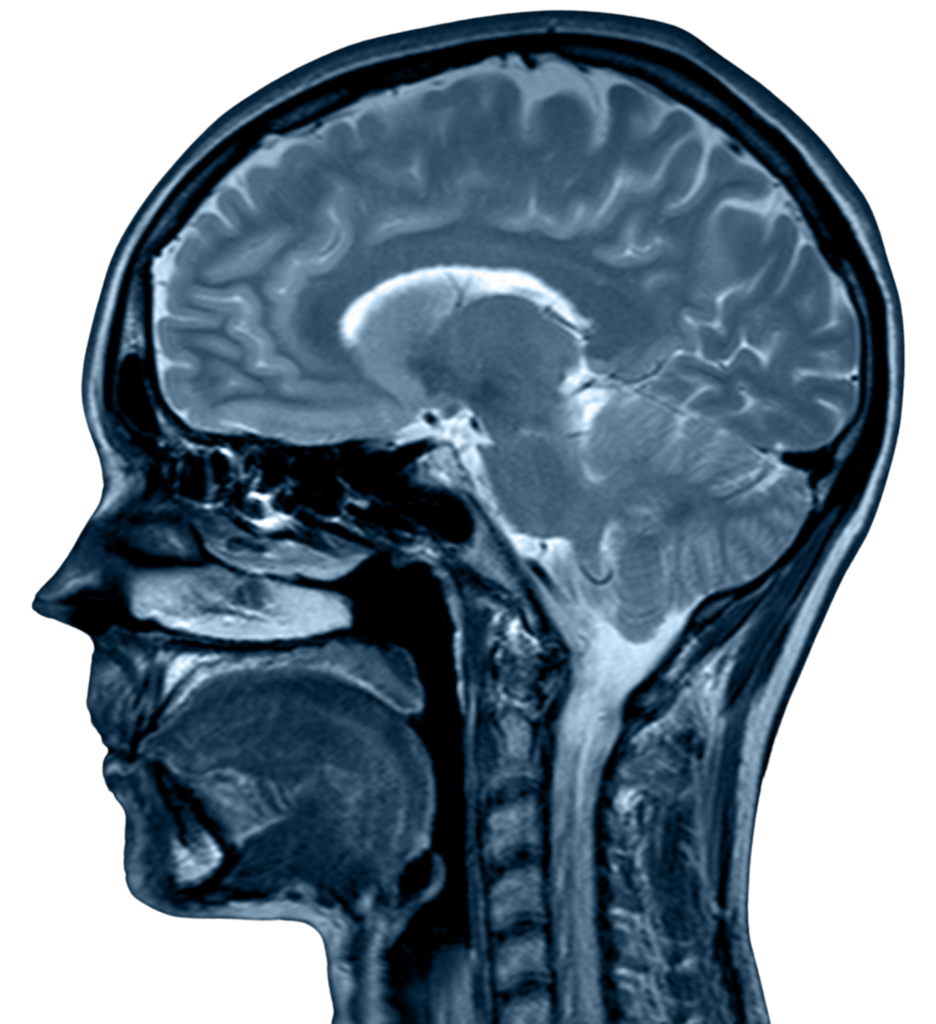Progress! NIH and FDA Support Human-Relevant Research
In April 2025, the National Institutes of Health (NIH) announced a major step toward ending animal experimentation by launching new efforts—such as increased funding, training, and support for modern, non-animal research methods—that reflect key recommendations from PETA’s Research Modernization NOW.
The U.S. Food and Drug Administration (FDA) also made a similar commitment when it released its roadmap away from animal testing in April 2025. The FDA will begin by phasing out animal testing requirements for monoclonal antibodies, a field in which PETA scientists have done groundbreaking work, including funding the development of non-animal antibodies to fight infection. In November, the agency called on pharmaceutical developers to no longer use the primates, dogs, and pigs who have been routinely killed in certain antibody tests to meet FDA requirements.
In a joint NIH-FDA webinar on July 7, Acting NIH Deputy Director Dr. Nicole Kleinstreuer shared a major update: NIH will no longer release funding opportunities that only call for experiments on animals, a lifesaving move that PETA has long pushed for. Now, all future NIH grant announcements will also encourage the use of human-relevant, non-animal methods. Learn more about what this means.
On September 25, NIH announced it will be opening the Standardized Organoid Modeling Center—a national hub dedicated to advancing human organoid models. That means more cutting-edge, non-animal research! PETA has long pushed NIH to invest in modern, human-relevant science. In fact, we urged the agency to create centers like this in our this 2023 public comment, calling for stronger support for in vitro methods that use human cells instead of animals.
Experiments on animals are cruel and unethical, but did you know they don’t reliably lead to treatments and cures for humans?
The most recent independent study shows that a staggering 90% of basic research, most of which involves animals, fails to lead to treatments for humans. Yet the biggest funder of research in the world, the U.S. National Institutes of Health (NIH), spends nearly half its annual budget on experiments on animals. That was $23 billion down the drain in 2023.
Why is so much of the taxpayer-funded research budget wasted on experiments that overwhelmingly fail?
We need a better way—and PETA scientists have come up with it. Research Modernization NOW outlines a strategy for optimizing our nation’s investment in research to cure disease—by ending funding for strategies that don’t work (i.e., experiments on animals) and investing in research that’s relevant to humans. In 2021, after PETA entities presented this plan to members of the European Parliament, that body passed (almost unanimously) a resolution calling on the European Commission to create an action plan to end all experiments on animals.
The U.S. is in urgent need of such a plan. So PETA U.S. has released a new and improved roadmap: Research Modernization NOW, a blueprint for revitalizing biomedical research. We need your help to put the plan into action.
NIH has failed to take effective steps to address the following problems:
- Ninety-five percent of all new drugs that test safe and effective in animal tests fail in human clinical trials, most because they don’t work or actually turn out to be dangerous.
- The failure rate of new drugs developed using animals in specific disease research areas exceeds 95%. Here are a few examples.
- HIV vaccine—100%
- Stroke—100%
- Sepsis—100%
- Alzheimer’s disease—99.6%
- Cancer—96.6%
- Animals are heavily used in preclinical studies, and up to 89% of such studies can’t be reproduced, even though reproducibility is a critical component of scientific research.
What’s Research Modernization NOW About?
PETA’s Research Modernization NOW maps out a strategy for replacing the use of animals in experiments with human-relevant methods. It includes the following:
- Eliminating the use of animals immediately in areas where they have already shown to be poor surrogates for humans
- Critically reviewing additional areas of research to determine where animal use can be phased out
- Redirecting funds from experiments on animals to non-animal research
- Introducing an ethical harm-benefit analysis system into U.S. policies governing the use of animals in biomedical research
- Educating and training scientists in non-animal research approaches
Compassion and scientific breakthroughs aren’t mutually exclusive. Good science and sound ethics can propel us toward the shared goal of better health.
It’s Time for Research Modernization NOW!
What Congress Says
In September 2019, U.S. Rep. Lucille Roybal-Allard (D-Calif.) confronted NIH—the largest funder worldwide of experiments on animals—about its failure to keep and make public a basic inventory of the number and species of animals it uses in experimentation. She called on the agency to count the animals and provide a plan to reduce the number it uses. See her letter to then–NIH Director Francis Collins.

In February 2022, Rep. Nancy Mace (R-S.C.) and Rep. Ted Lieu (D-Calif.) sent a letter signed by eight members of Congress to NIH Acting Director Dr. Lawrence Tabak urging a phaseout of animal experiments. The bipartisan proposal suggests that the agency immediately eliminate funding for animal experiments that we know fail to translate to humans, identify all other areas in which animal experiments consistently fail and end funding for them, and prioritize funding modern, human-relevant research.
“As an animal lover and firm supporter of animal rights, it is deeply concerning to me to see the NIH’s continued funding of cruel and ineffective research on animals,” said Mace. “The animal experiments led by NIH have not resulted in treatments, vaccines, or cures for human diseases. NIH should focus on modernizing research beneficial for humans and work to phase out these unproductive and heartless experiments on animals.”
“Since I came to Congress, it has been a priority of mine to reduce the needless suffering of animals caused by costly and ineffective animal experiments,” said Lieu. “I’m pleased to join Representative Mace in calling on the NIH to phase out animal experiments, which often fail to lead to treatments, vaccines, and cures for human diseases. Last year, we saw the European Parliament take action to modernize scientific innovation without the use of animals in research and testing. It’s time for us to do the same. I’m honored to join in this bipartisan effort to protect innocent animals from useless suffering and look forward to the NIH’s response.”
Please sign our petition asking your members of Congress to introduce legislation enacting Research Modernization NOW.
—What You Can Do—
We need all lawmakers to understand how much money NIH currently wastes. Please sign our petition to your members of Congress urging them to introduce legislation enacting Research Modernization NOW which would mandate that NIH stop throwing away taxpayer money on cruel, useless experiments on animals and instead focus on modern, non-animal research methods.

